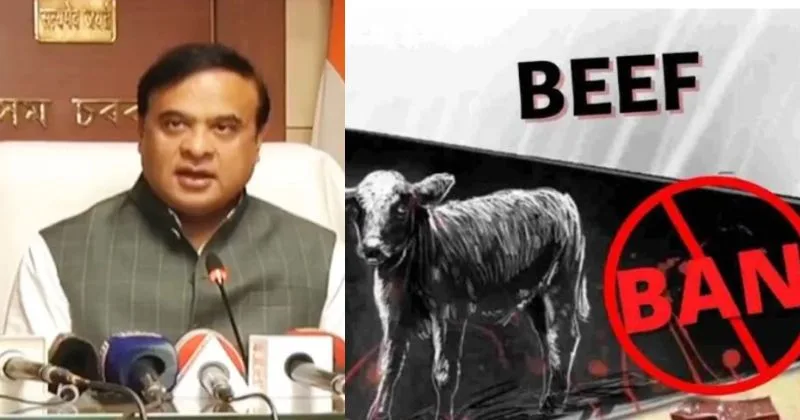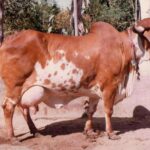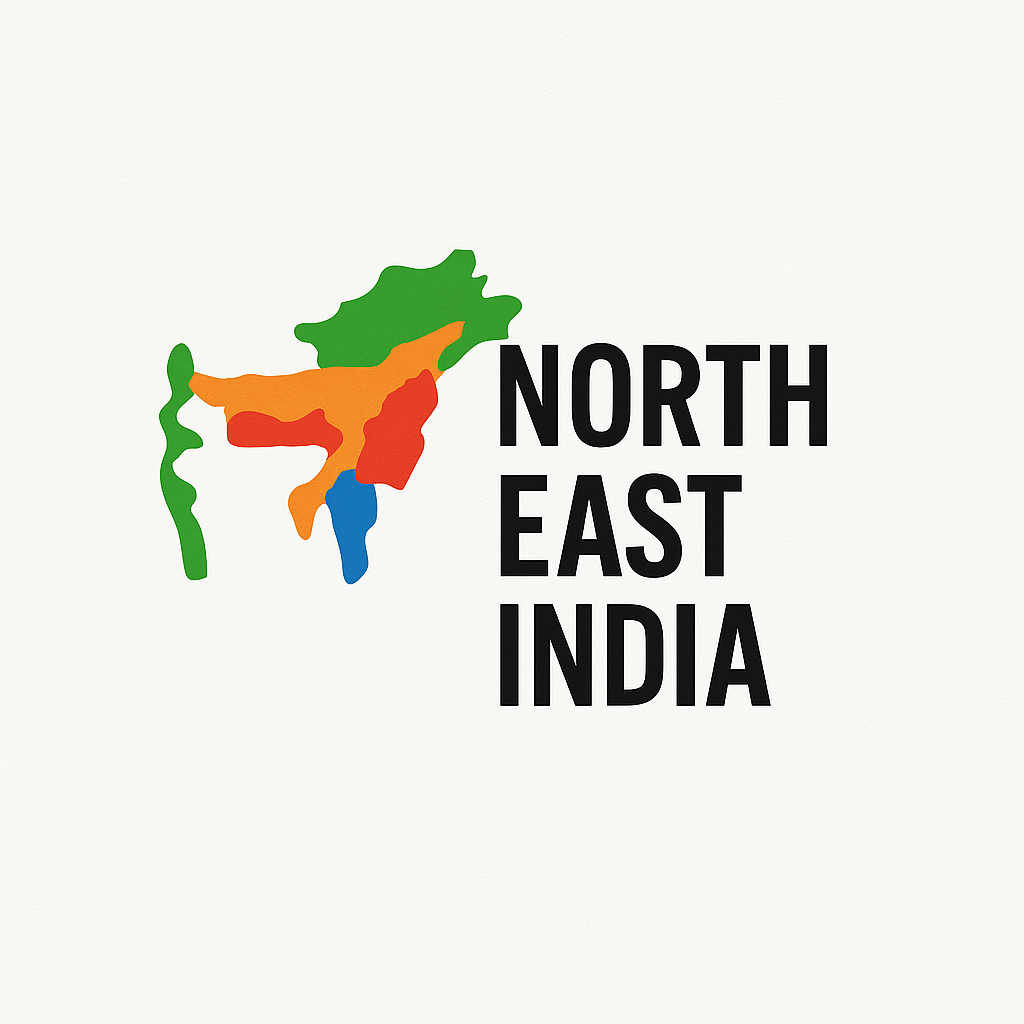
The Hidden Reason: Syndicate Business Behind the Assam beef Ban
Whenever a state imposes a beef ban, the first impact is economic. The demand for cattle drops sharply, leading to a significant fall in cow prices in the local markets. Farmers and villagers, who earlier sold their old or non-productive cows for a fair price, now find no legal buyers.
This is where the cow syndicates and smugglers enter the picture after Assam beef ban.
https://pagead2.googlesyndication.com/pagead/js/adsbygoogle.js?client=ca-pub-7787437288479224
How Does This Illegal Business Work?
- Poor farmers from rural Assam try to sell their aged cows at low prices since there’s no legal market for them after the Assam beef ban.
- Smugglers and syndicates buy these cows at throwaway prices, exploiting the situation.
- These cattle are then transported illegally to Bangladesh, where the demand (and price) is much higher.
- Some traders operate with government licenses for cattle trade, but many work without permits, engaging in illegal smuggling.
- This entire chain profits not only smugglers but also corrupt officials and politicians( Assam Government)who protect and benefit from the racket.
Thus, while the public is told the Assam beef ban is about protecting religious sentiments, the reality is a multi-crore illegal business flourishing under political protection.🐮 Gorukhuti Gir‑Cow Scandal 2025: Allegations Against BJP Minister Jayanta Malla Baruah

Is This Truly About Religion?
If the Assam beef ban is genuinely for religious harmony, one must ask: Why isn’t pork banned too?
In India, certain communities refrain from eating beef, while others avoid pork due to religious beliefs. But in Assam, pork is freely available across the state without any controversy. This selective banning of Assam Government beef creates an imbalance and fuels communal tension.
“Assam Tourism 2025: 10 Most Beautiful Places You Shouldn’t Miss”
Political and Administrative Nexush
Multiple reports from Assam suggest that cattle smuggling cannot happen without political and administrative support( Assam Government). Several cases have shown that cows are transported in large numbers via trains, trucks, and even through guarded highways, all the way to the Bangladesh border.
Local police, border security forces, and some political leaders(Assam Government)are allegedly part of this nexus, either by turning a blind eye or by taking a share of the profits.
In fact, the smuggling route through Assam to Bangladesh has become one of the most lucrative illegal trades in the region after Assam beef ban, generating crores in black money annually. This money is often used in political funding and maintaining illegal businesses.
While the public fights over religious sentiments, the real players quietly run their business behind closed doors.
The Real Victims: Farmers and Common Citizens
Farmers and poor villagers are the biggest sufferers in this entire game Assam beef ban . Earlier, they could sell their cows at reasonable prices in the open market. Now, because of the beef ban, they are forced to sell their cattle at very low prices to middlemen, losing their income.
Additionally, the communal divide created through such Assam beef bans affects social harmony. People hesitate to visit restaurants or markets where beef is served, fearing social judgment or even violence. This divides communities rather than uniting them.
What Is the Solution?
1. Equal Respect for All Food Cultures:
India must promote an inclusive culture where both beef and pork consumption are treated as personal choices. Banning one while allowing the other is discriminatory.
2. Strict Action Against Smuggling:
Law enforcement must focus on cracking down on illegal cattle syndicates and smuggling operations rather than targeting ordinary citizens for their food choices.
3. Transparent Licensing System:
The government should ensure that only genuine cattle traders, operating for dairy and farming purposes, get transport permits. Export and interstate trade must be monitored transparently.
4. Alternative Market Support for Farmers:
Farmers should be given alternative markets and subsidies for selling old cattle legally, such as cow shelters, dairy cooperatives, or government livestock programs, so they don’t fall prey to syndicates.
Conclusion
The beef ban in Assam is not as simple as it looks. It is neither purely a religious issue nor purely a social reform. At its core lies a well-organized illegal business that thrives on the falling prices of cattle, poor farmers’ helplessness, and administrative loopholes.
While politicians claim to protect religious sentiments, they silently benefit from the cow smuggling mafia operating across the Indo-Bangladesh border.
If India truly wants to uphold secularism, either both beef and pork should be banned, or both should be allowed. Personal food choices should not become political weapons, and no community should feel targeted because of their dietary habits.
It is time to see beyond communal narratives and focus on eliminating the economic crimes running under the shadow of such bans.

